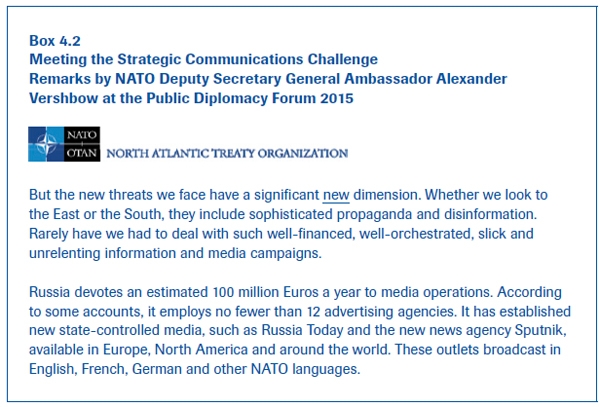Diplomacy in the Digital Age
- By Brian Hocking and Jan Melissen
 0 Comment(s)
0 Comment(s) Print
Print E-mail China.org.cn, October 26, 2015
E-mail China.org.cn, October 26, 2015
Expanded digital communication resources create new opportunities and challenges for governments and other international actors. On the positive side, there is value in being able to reach vast audiences without the interposition of mass media. Added to this is the advantage of being able to segment audiences and direct messages more precisely. In listening mode, digital diplomacy offers the prospect utilising 'big data' resources in developing more effective policy.
The reverse side of the digital coin is that others are at least as skilled – usually more so – in utilising digital platforms such as social media. If one problem for governments is gaining a voice in a growing welter of information flows, another concerns lies in the loss of control. The implicit promise of a considerable degree of governmental control over the projection and perception of its image was of course never delivered by consultants in reputation and brand management, and social media are now driving home the message that such control is a delusion. But such limitations do in fact predate the 'digital age': big international NGOs such as Greenpeace were adept at reputation manipulation long before social media endowed it with enhanced possibilities. Once the digital genie was out the bottle, the problems confronting governments developed apace.
This is one facet of the rising significance of social power. Establishing and controlling narratives has long been a central function of diplomacy. Digital modes of communication provide a new dimension and challenge to 'framing' or the presentation of issues in communicative text. As the comments from the NATO Deputy Secretary General at the Public Diplomacy Forum in February 2015 illustrate (see Box 4.2), framing the narrative in the Ukraine conflict has become of paramount importance.
|
|




Go to Forum >>0 Comment(s)